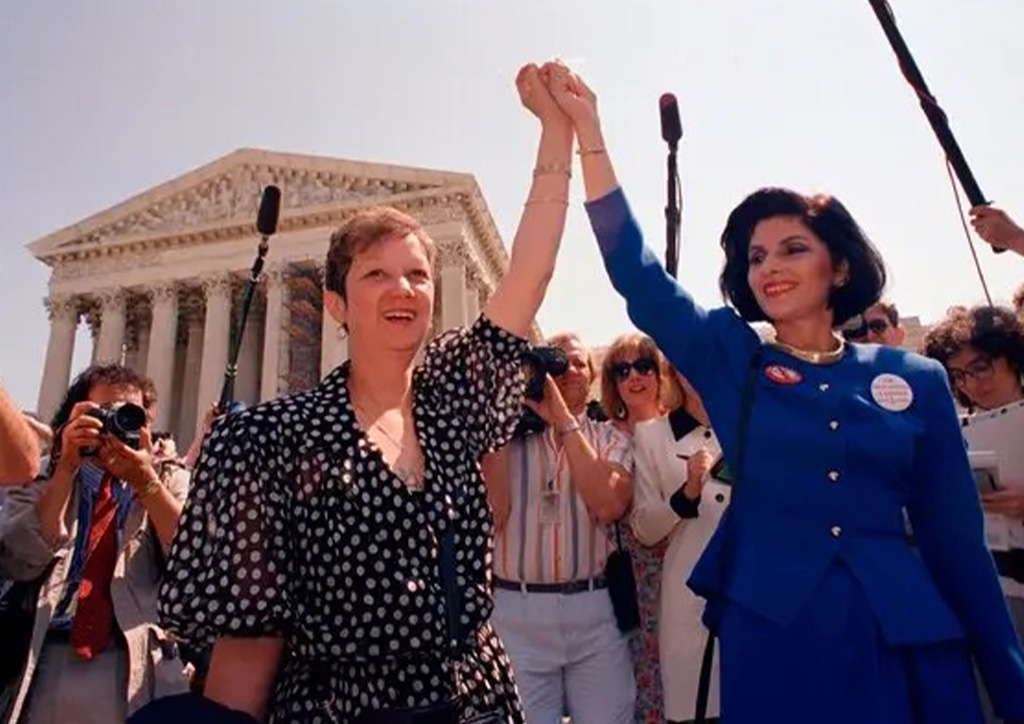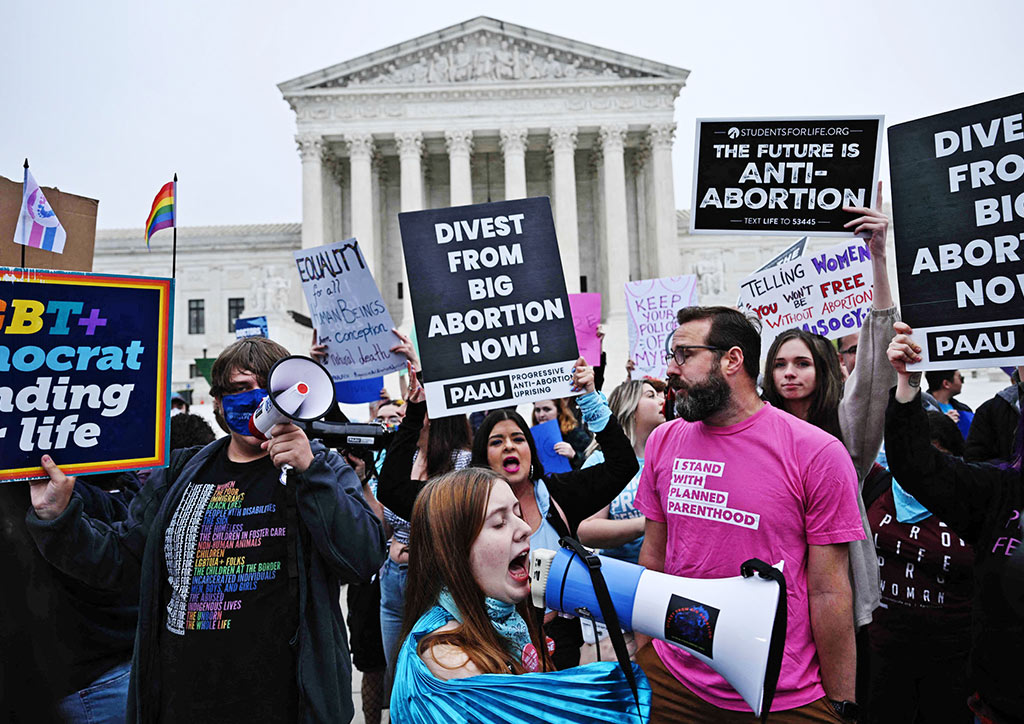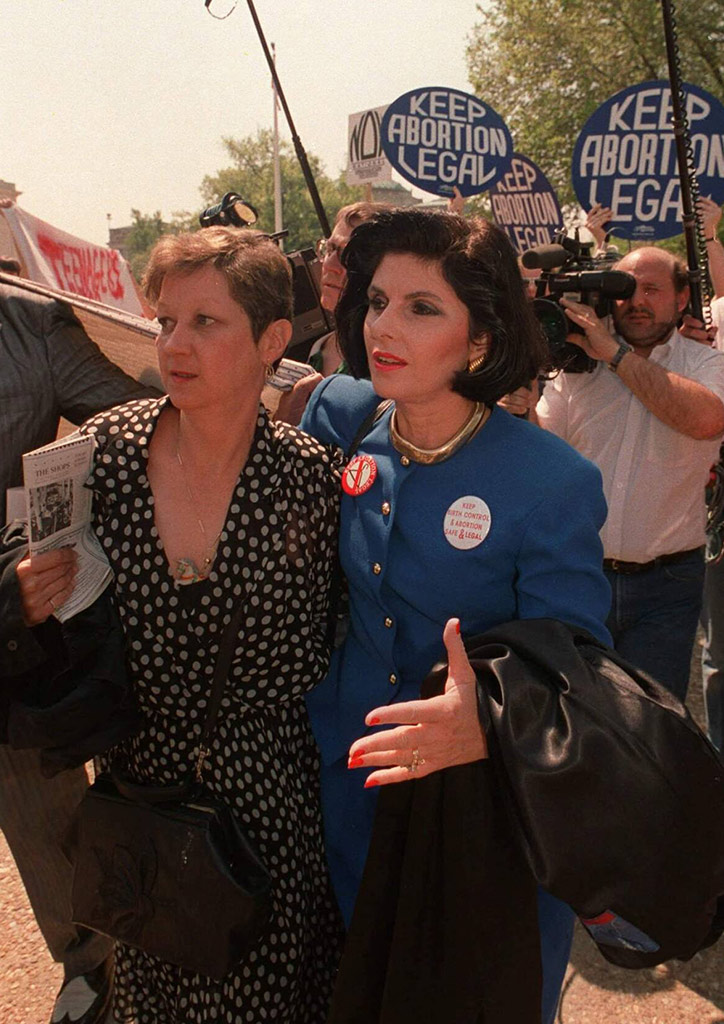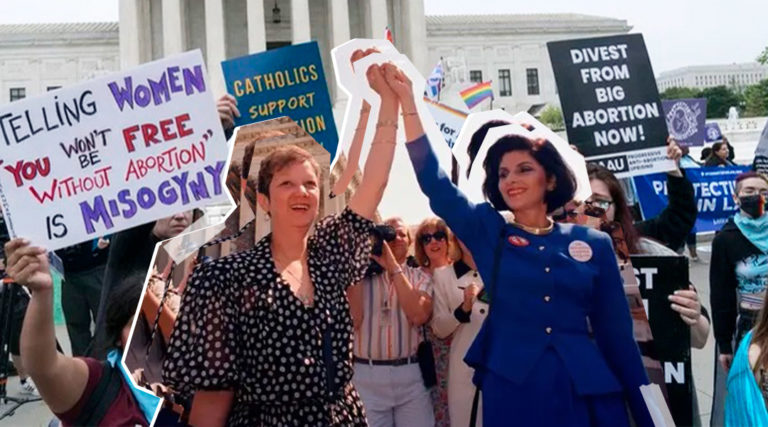Real Talk
What You Need to Know About Roe vs Wade
The overturning of the decision has caused an uproar in the United States and has created fears about reproductive health rights.
Since the United States Supreme Court announced that it has overturned the decision on Roe vs Wade in June, a case that has become a landmark with women having the right to abortion, many states have been implementing strict reproductive health laws. It has also caused an uproar worldwide.
The decision, however, has created a ripple effect in the US and various countries. Many of these are raising concerns about women’s health.

What is Roe vs Wade to begin with?
Roe vs Wade was a landmark decision in 1973. The US Supreme Court ruled that the unduly restriction of abortion in Texas was unconstitutional. The case came from an initial Jane Doe who instituted a federal action against Henry Wade, the district attorney of Dallas country, Texas. Several women and pro-abortion groups hailed this case.
Why did the US Supreme Court overturn it in 2022?
In its statement in June US Supreme Court, Justice Samuel Alito said the decision on Roe vs Wade “must be overruled” because it was “egregiously weak” and the arguments were “weak.” This means the privileges of women regarding abortion were now being rolled back in many states.
Stephen Breyer, Sonia Sotomayor, and Elena Kagan — three of the US Supreme Court Justices – dissented from the decision. The three Justices said that the decision means “young women today will come of age with fewer rights than their mothers and grandmothers.”
“With sorrow — for this Court, but more, for the many millions of American women who have today lost a fundamental constitutional protection — we dissent,” the three Justices said.

The domino reaction worldwide
Following the overturn of the decision, many leaders and celebrities reacted. They condemned it with some saying it was a “big step backward.”
Celebrities also did not hide their dismay over the decision. Singer Halsey previously wrote in an opinion piece for Vogue about suffering a miscarriage and having to abort one of them due to possible health risks.
“I miscarried three times before my 24th birthday. It seemed a cruel irony that I could get pregnant with ease but struggled to maintain a pregnancy. One of my miscarriages required ‘aftercare,’ a gentle way of saying that I would need an abortion because my body could not terminate the pregnancy completely on its own and I would risk going into sepsis without medical intervention.”
“During this procedure, I cried. I was afraid for myself and I was helpless. I was desperate to end the pregnancy that was threatening my life.”
Padma Lakshmi, Top Chef host, and a mother herself tweeted about the effects of the overturn last June.
“People will still get abortions. These procedures won’t stop just because Roe vs Wade is overturned. This will only prevent safe, legal abortions from taking place,” she posted.
“The right to decide when to start a family or not is a choice every individual should be able to make on their terms when the time is right for them. This freedom and dignity is something we should all fight to preserve.”
Actress Jennifer Lawrence also spoke about the Roe vs Wade overturn in the October issue of Vogue. The actress, who welcomed her son Cy early this year, shared the issue has divided many people including her family.
“I’ve tried to get over it and I really can’t. I can’t. I’m sorry I’m just unleashing, but I can’t f**k with people who aren’t political anymore. You live in the United States of America. You have to be political. It’s too dire. Politics are killing people,” she said.”
How this affects the Philippines
Many believed that the overturn of Roe vs Wade would just justify the criminalization of abortion in the Philippines despite it being illegal. In her Dash of Sash column for Rappler, Ana Santos wrote: “The overturn of Roe vs. Wade will be used to justify existing Philippine laws that criminalize abortion and punish both the pregnant people who have it and the healthcare workers who assist or perform it. It will be used to justify denying Filipino women reproductive and sexual health choices that will empower them to have autonomy over their bodies and control over their futures.”
“Most tragic is that it will downplay the death of at least three Filipino women every day because of sepsis or hemorrhage and other related – but preventable – complications linked to unsafe abortions.”
The issue of reproductive health care in the country has been quite a challenge. The Philippines is a predominantly Catholic country. And while there are laws such as the Responsible Parenthood and Reproductive Health Care of 2012, implementing them has been a challenge. Most especially when it comes to birth control methods and pills.

The fight continues
While the decision was revoked, many pro-abortion and women’s rights activists continue to forge on. Many women have continued to challenge the laws in their respective states. Moreover, they are still hopeful that they will be able to win back and make the decision for themselves and not their respective governments.
Stay updated with the latest stories affecting families:
Why We’re Relieved For The Temporary Suspension of the No Contact Apprehension Program
Abuse vs. Discipline: What are the Differences?
Tulfo Reminds Fathers To Provide Child Support in Accordance with the Law





